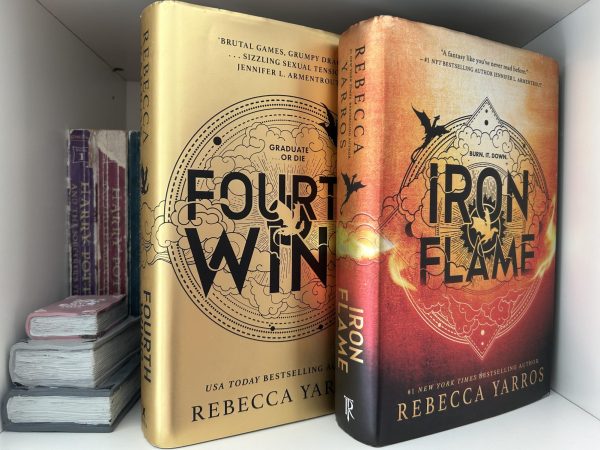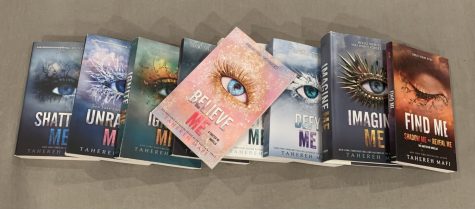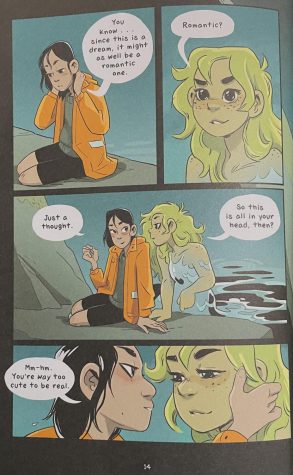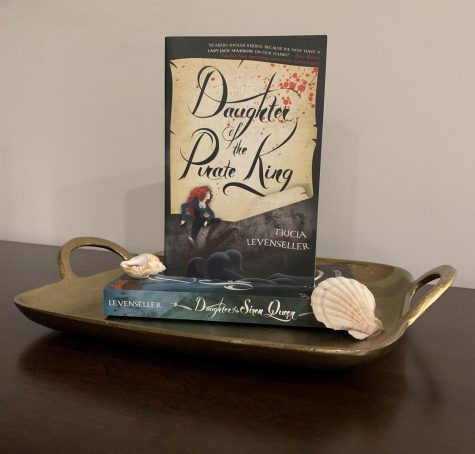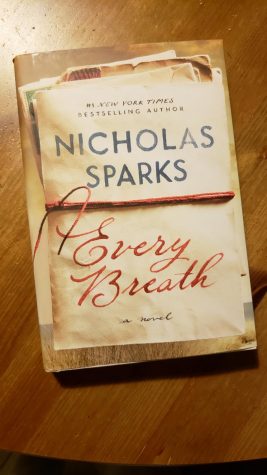‘True Beauty’ sheds light on wealth gap

Photo via Amazon.com under Creative Commons license
True Beauty is a captivating story with equally captivating aesthetics that are befitting of the book’s title.
Priscilla C. Wu’s True Beauty is a refreshing novel that wrangles the timeless struggle between the rich and poor.
The story, set in a twisted modern-day Seoul, opens up on Hana Acacia, a quiet, nearly perfect heiress who is disgusted by her inhumane society. In her luxurious car, she mentally prepares herself to receive her first Noye, or slave, as a coming-of-age gift from her father. Once at the Noye house where they are all kept, she is horrified by the conditions that the Noyes are living in as they line up to try to impress her. The house’s son, Henry, can be seen abusing rebellious, scarred Sean Ambrosia.
While Henry foolishly tries to impress Hana, she chooses Sean as her Noye, claiming that he is “still beautiful.” This statement shocks everyone because blemished Sean seems to be a far cry from standard beauty.
Yet the reader can see exactly what Hana is talking about, for Sean gruffly refuses to leave his best friend Chris’ side. Seeing this loyalty confirms Sean’s inner beauty for both the reader and Hana.
Despite the initial mistrust in this first meeting, the plot progresses to open up on a colorful world in which Hana acts as an “angel” to both Sean, Chris and their group of friends in the Noye house. She provides food and medicine for these battered boys, and her frustration with her corrupt society continues to mount and affect her new friends. The valley between the wealthy and the poor is obviously a problem to be fixed, yet most of her society chooses to ignore the issue. Even as a romantic relationship buds between Sean and Hana, she takes action to set off an explosive chain of change.
Wu crafts the story in a way that makes the message very clear. The novel is all too reminiscent of our real society, and it is a powerful call to action. However, this novel also reveals that hope can come in the most unlikely of places. Hardly anyone would expect for obedient, pampered Hana Acacia to take up the call to fight for the rights of the downtrodden.
With understandable vocabulary, one-word chapter titles complete with definitions, and a common theme, Wu’s first novel leaves me questioning our society even as I anticipate her future works.
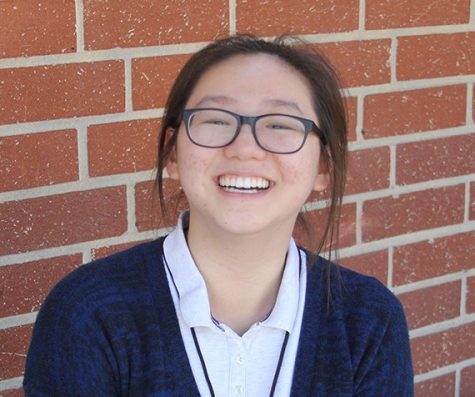
INTERESTS/HOBBIES: Concert-going, book-reading, pun-saying, cover-making, prose-writing
EXTRACURRICULAR ACTIVITIES: GMG Regional Board (VP of...



